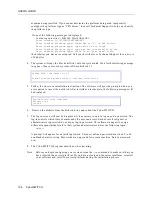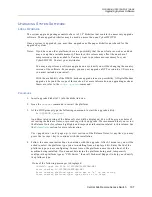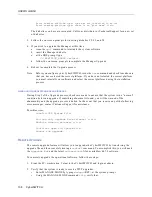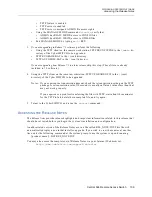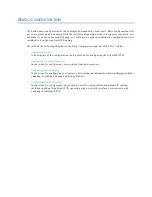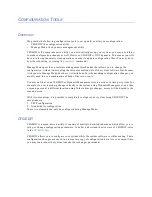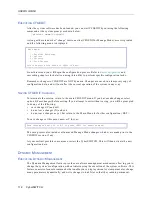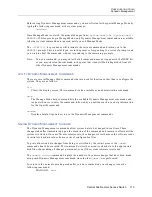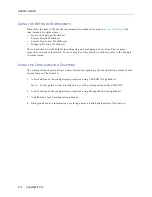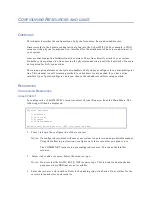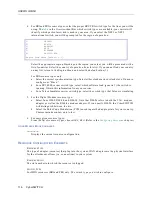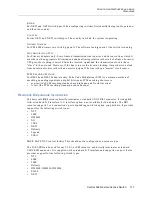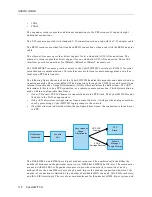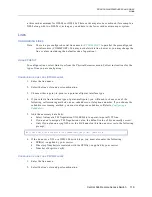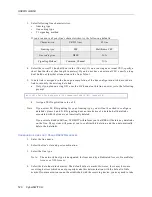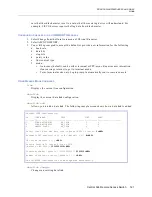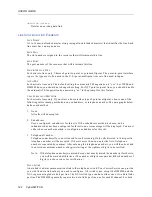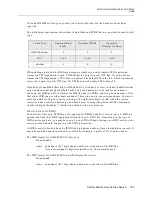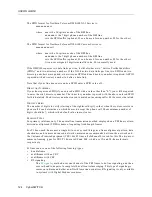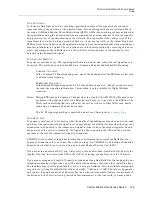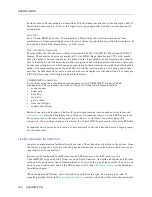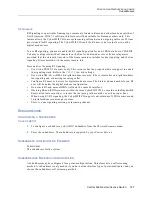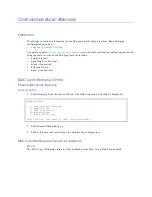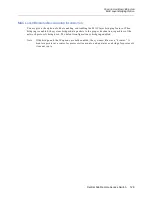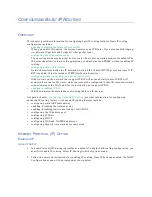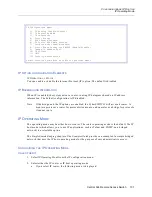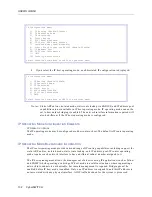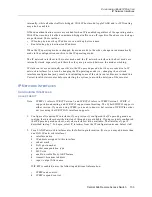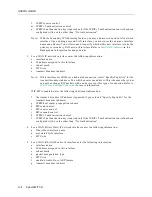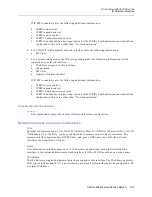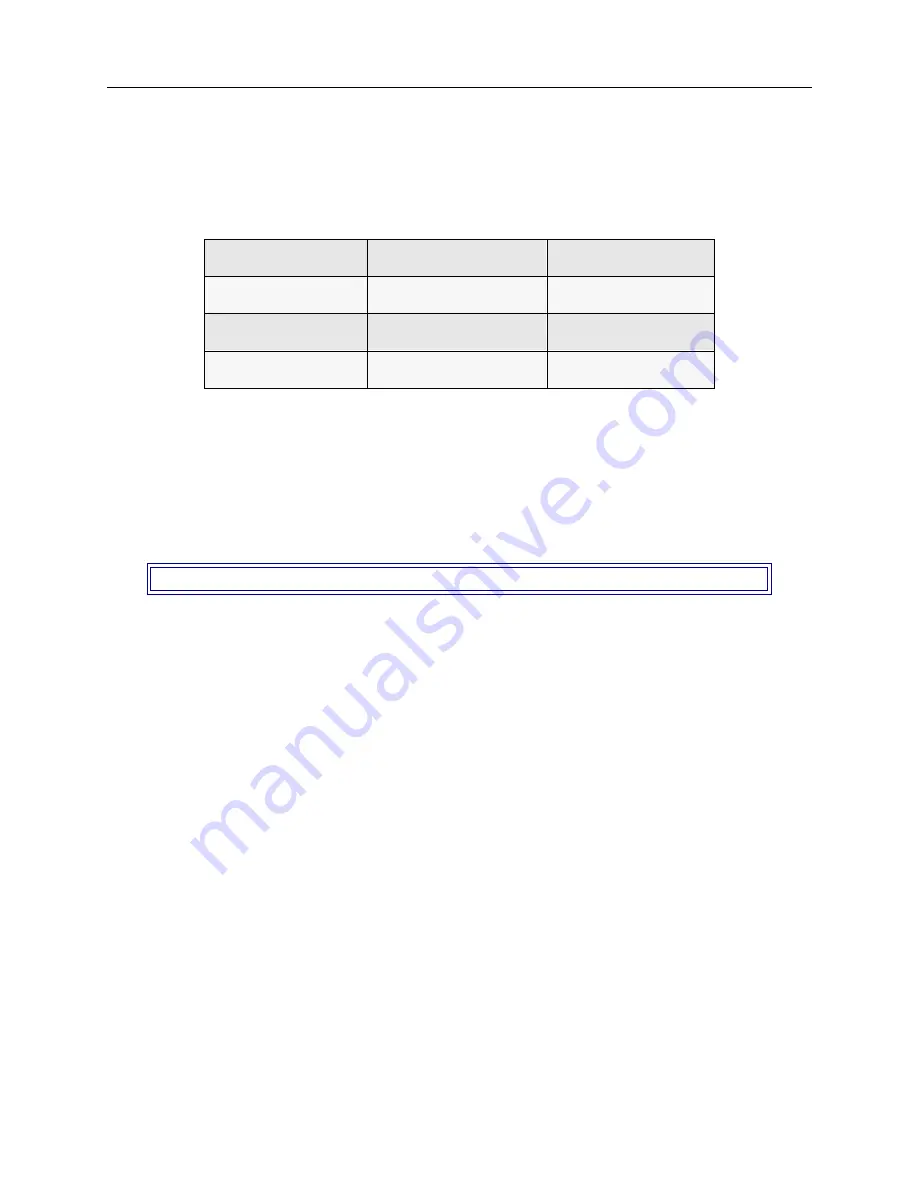
USER’S GUIDE
120 CyberSWITCH
3.
Select following line characteristics:
•
framing type
•
line coding type
•
T1 signaling method
If you are unsure of your line's characteristics, try the following defaults:
4.
Select the correct T1 line build out value (US only). If you are using an external CSU, specify a
short haul build out (line length in meters). If you do not have an external CSU, specify a long
haul build out (decibel attenuation value from Telco).
5.
A data link is assigned to the line upon completion of the line configuration. Add more data
links or modify the existing data link.
a.
Only if you plan on using X.25 over the D-Channel on this line, answer yes to the following
prompt:
b.
Assign a TEI Negotiation value of 0.
Note:
If you select E1/R2 signaling for your framing type, you will not be asked to configure
datalinks (items 4 and 5). R2 signaling does not make use of a datalink; all datalinks
associated with the line are automatically deleted.
If you select a Robbed Bit line, CFGEDIT will inform you that RBS will delete any datalinks
on the line. The system will prompt you to confirm this deletion, and then automatically
delete the datalinks.
C
ONFIGURING
A
L
INE
FOR
V.35
AND
RS232 R
ESOURCES
1.
Enter the line name.
2.
Select the line’s slot and port combination.
3.
Select the line type.
Note:
The network line type is designated for lines used by a Dedicated Access, Frame Relay
Access, or X.25 Access.
4.
Select the data line idle character. The default value is marks. However, there may be some
receiving devices which cannot properly make this determination with the default of idle
marks. If communication cannot be established with the receiving device, you may need to take
Characteristic
PRI/T1 lines
E1 line
Framing type
ESF
Multiframe CRC
Line coding type
B8ZS
N/A
Signaling Method
Common_Channel
N/A
Will this Data Link support X.25 communications (Y/N)? [default N]

